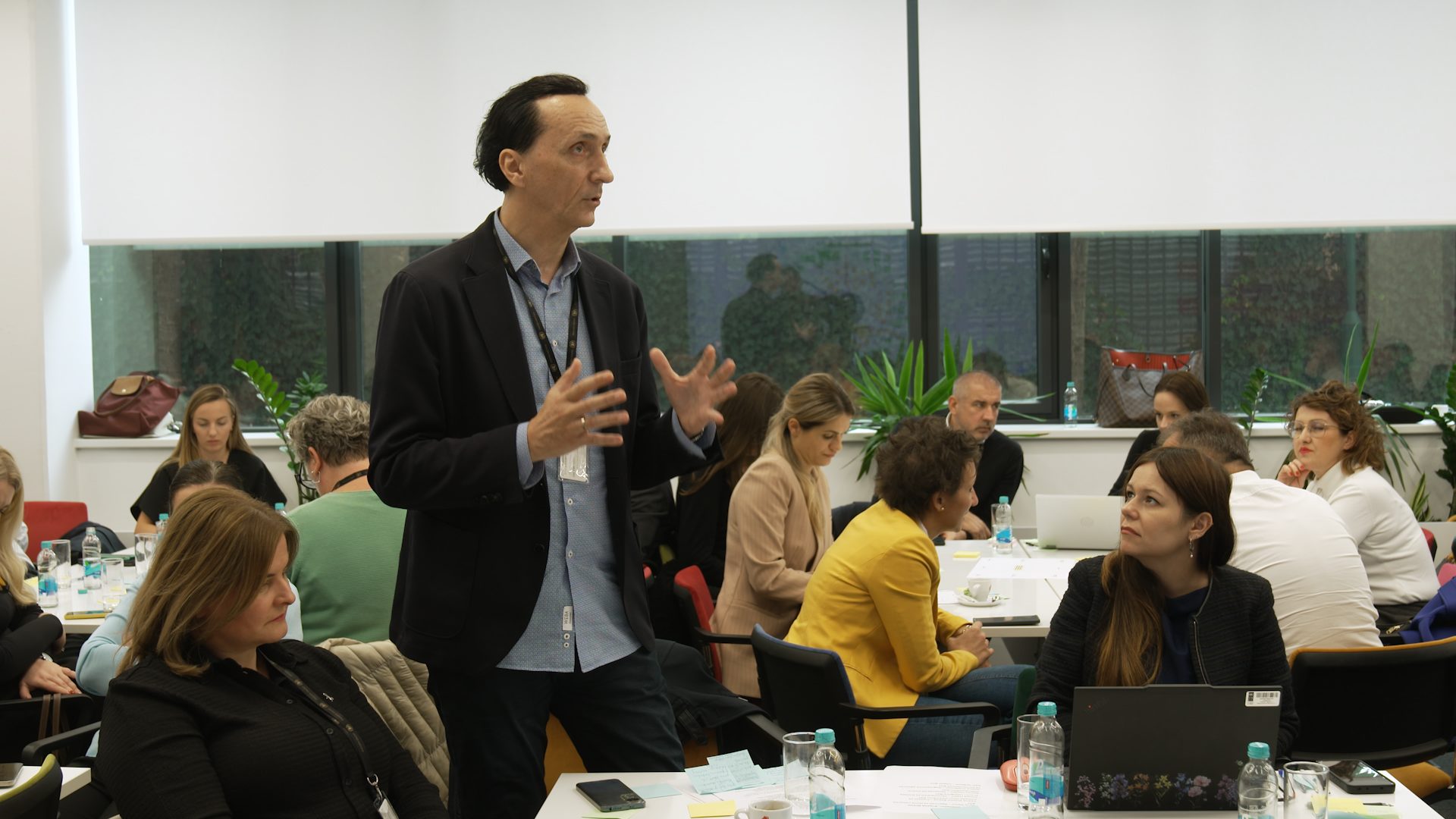The first Bosnian citizen captured in Ukraine describes to Detektor how he went from Germany to Moscow and, without adequate training, became a mercenary in the Russian army. This interview...
Presenting himself as a religious authority and humanitarian, Alen Kotoric used the TikTok profile Hadžija to collect money from followers around the world for months, convincing them they were helping...
During the campaign for the early elections for the Republika Srpska presidency, hate speech was used on a daily basis, with the most frequent source being SNSD party leader Milorad...
On the 30th anniversary of the Dayton peace deal’s signing, a US-sanctioned Russian foundation held conferences in Banja Luka and Belgrade, where participants were captured on camera by Detektor glorifying...
Over 70 per cent of civil servants in Bosnia and Herzegovina use artificial intelligence in their daily work. By doing so, they could compromise people’s protected data, as well as...
While at school, students in the Republika Srpska entity are restricted in what they can view on their phones, while those in the Federation are almost entirely unprotected. The authorities...






